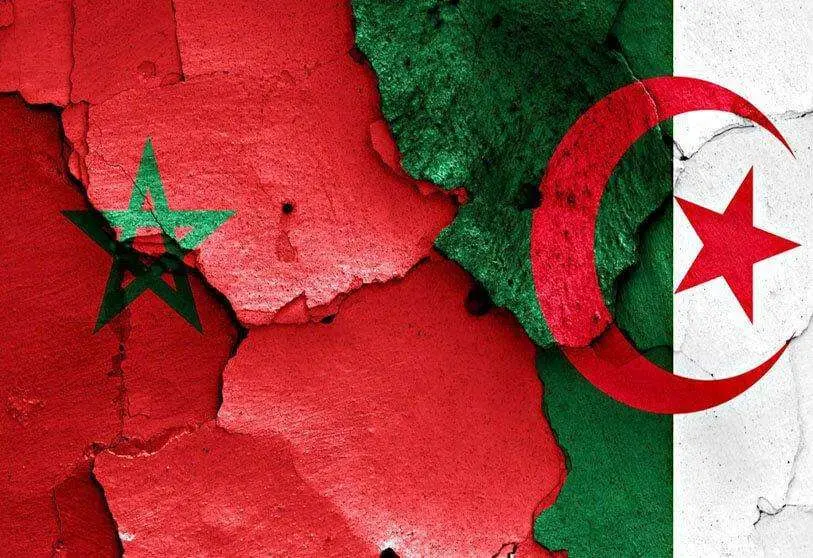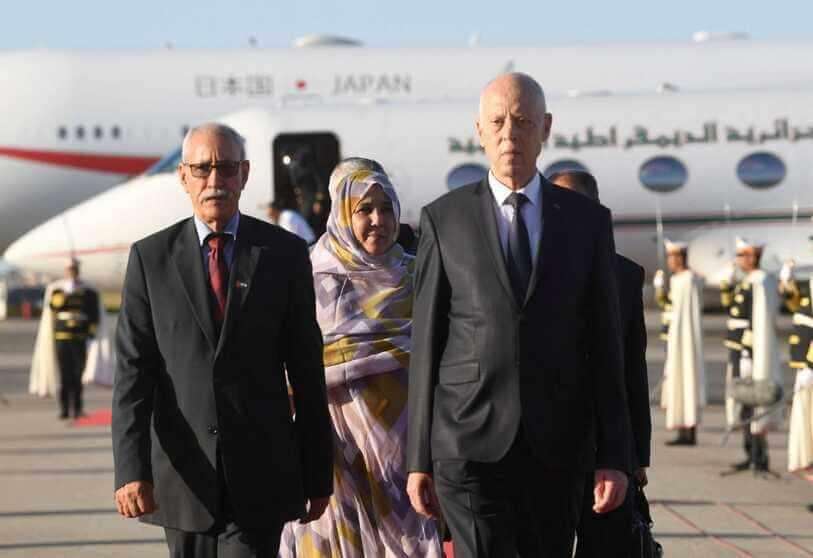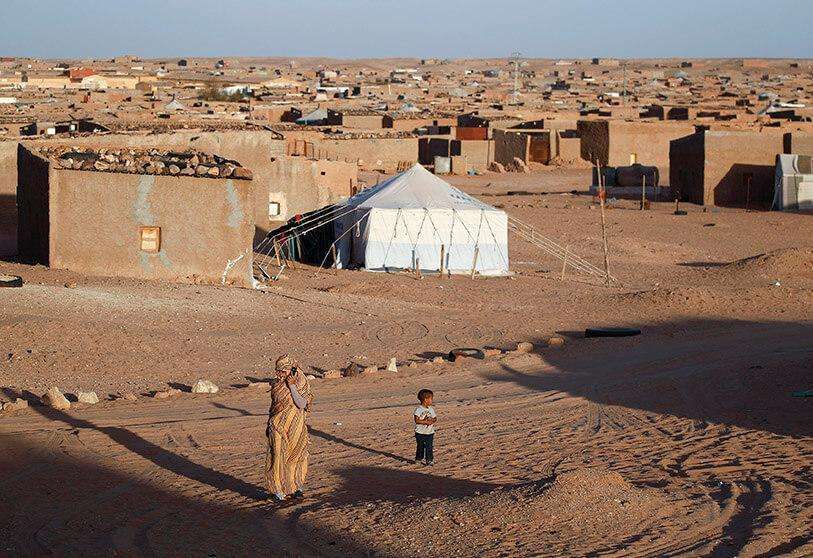Relentless diplomatic battle between Algiers and Rabat

The diplomatic machinery serves to achieve the political objectives set by the state in international relations. Diplomacy does not set policy, it serves it. The North African states of Morocco and Algeria have different, often divergent and conflicting, political and strategic objectives. Success or failure often depends on the respective diplomatic apparatuses. While over the past three years Morocco has made significant gains in its international policy, mainly with the United States, Europe and Africa, to the detriment of Algeria's significant political setback, the opposite seems to have been the case in the past month.
The reception of Polisario Front leader Brahim Ghali by Tunisian President Kais Saied with "head of state" protocol on his arrival in Tunis to attend the TICAD international meeting jointly organised by Japan and Tunisia is a serious blow to Moroccan diplomacy, which did not foresee, anticipate or consider the possibility of this dilemma. This is the third time that Moroccan diplomacy suffers a setback in less than a month.

In mid-August, two Moroccan diplomats (three according to the local Colombian press) were drugged and robbed by girls who took them to a brothel. Moroccan political and diplomatic circles told ATALAYAR that 'everything indicates that it was an espionage operation'. The diplomats were robbed of their mobile phones and a tablet they were using for work. "With the change of government in Colombia and the arrival for the first time in half a century of the pro-political radical left, one had to expect some action of this kind". A Moroccan diplomatic source familiar with Latin American geopolitics told ATALAYAR that "there were failures, negligence and lack of foresight on the part of diplomacy". Two of the officials have been suspended from their activities upon their return to Rabat, but the damage was already done.
The second political setback occurred in the same days, when Moroccan preacher Ahmed Raissouni made provocative and senseless statements denying the existence of Mauritania as an independent state recognised as such by the international community, and practically calling for "a new green march" to the Algerian town of Tindouf, where the Polisario Front's refugee camps and war logistics are located. Until a few days ago, Raissouni held the title of president of the International Union of Muslim Preachers, which is a private organisation and does not answer to the Moroccan state. However, Moroccan diplomacy and secret services should have foreseen the preacher's irresponsible statements. Not only did they not do so, but they have not made any statement about it. Ahmed Raissouni, with his statements, has attacked the Moroccan state and its international agreements and conventions, and has attacked its foreign policy.
As for the Tunisian presidency's unilateral "invitation" of Polisario leader Brahim Ghali to attend TICAD this weekend in Tunis, Alawite diplomacy has been short-circuited by the move, although something was in the air when President Kais Saied was almost the only head of state, along with those of Ethiopia, Niger and Palestine, to attend the celebrations marking the 60th anniversary of Algerian independence last July. Tunisian President Saied is under strong pressure from the Cairo regime, whose influence over Tunisia's military leadership, in particular General Habib Dhif, considered the army's strongman, is growing. Algiers is playing its role as the protective godfather of President Kais Saied, who in turn has welcomed Brahim Ghali with full honours. Moroccan diplomacy and secret services did not foresee this manoeuvre.

This unpredictability comes less than two weeks after Mohammed VI's speech in which he solemnly affirmed that Morocco will never insult its neighbour, its president or its people, and that he personally will never accept this to happen. Shortly before this statement, Moroccan diplomacy, through its representative at the United Nations, reiterated for the second time that "the people of Kabylia have the right to decide their free and independent future", something that all political and intellectual circles in Algeria, both government and opposition, categorically reject and consider an "insult to their history". Morocco is well aware of this, as it welcomed the leaders of the Algerian insurrection against French colonialism, Abane Ramdane, Hocine Ait Ahmed, Krim Belkacem and Ahmed Ben Bella, among others. For years, Morocco sheltered the Algerian secret services, in which officers from Kabylia played a leading role. Morocco's "insult" to some and "mistake" to others with regard to Algeria has not been corrected by sanctions or rectifications. Neither Sultan Mohammed V nor King Hassan II, predecessors of the current Moroccan sovereign Mohammed VI, allowed their diplomatic apparatus to make such mistakes.
The paradox is that while Morocco has a solid record as a state in relation to regional issues, including the Sahara, the Maghreb Union and inclusive mega-projects, it is showing significant cracks in its diplomacy, while Algeria, which is pursuing an ambiguous policy, artificially shifting from mere observer to major actor, more prone to confrontation, is showing an increasingly aggressive diplomacy that is beneficial to its state interests.

